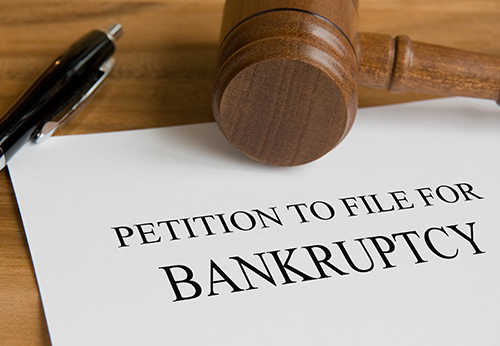What Are Some Major Considerations When Contemplating A Bankruptcy Filing After COVID-19?
A unique consideration for those that need to file bankruptcy is the COVID-19 housing appreciation effect. With people looking for more space, home prices in the suburbs and rural areas drastically increased.
As a result, this increase in equity could affect your ability to file for Chapter 7 Bankruptcy. In New Jersey, to qualify for Chapter 7 relief, there are limited exemptions of $27,900 per individual Debtor for equity in real estate used as a residence of the Debtor or a dependent of the Debtor.
In the past couple of years, people who have defaulted on their mortgage payments and have substantial arrears have to consider a sale of their residence to resolve their debt. The drastic increase in the appreciation of their homes in some instances may be a recommended course of action.
Aside from real estate appreciation, post-pandemic considerations affecting the ability of Debtors to succeed in their Chapter 13 are the increasing costs due to inflation for necessities, transportation, gas, and housing.
Individuals’ to successfully confirm a Chapter 13 Plan are required to devote their disposable income to proposing and complying with a Chapter 13 plan based to pay creditors’ debts over five years. The budget may show insufficient excess income over expenses to pay the required plan payment under the means test.
Should I Pay My Debts From Retirement Savings, Other Savings, Or File For Bankruptcy?
Our firm recommends that you do NOT use retirement savings to pay off debts. Early retirement savings and IRA account withdrawals will be taxed at ordinary income rates and also result in a 10% penalty if the individuals are under 59 and a half.
When individuals draw from retirement savings to finance their debt or to maintain a lifestyle they can not otherwise afford, they should consider filing a Bankruptcy case.
In a significant number of instances, any payments to the unsecured debt funded from the retirement account withdrawals does not result in an overall solution and later is followed by a Bankruptcy filing. Credit card debt, unsecured debt, and loans are dischargeable debts in nearly all cases. Lastly, any income forgiven outside of a Bankruptcy case constitutes debt forgiveness income. Often a 1099 form is issued from a creditor requiring the financial benefit of the debt forgiveness must be reported on a tax return
How Does A Debtor’s Income And Types Of Debts Help Determine Which Chapter Of Bankruptcy Is Best Suited For Them?
The three main areas that must be examined in depth at a consultation are:
- Income
- Asset Base
- Type of Debts
The means test has defined formulas for income eligibility and expense allowances based on the median income in New Jersey. This calculation prevents some people from filing a Chapter 7 case to discharge all debt and the Chapter 13 repayment Plan must be evaluated.
Lower-income and individuals with a smaller asset base will generally be eligible for Chapter 7 to eliminate all the debt. Once you start increasing the income, the asset base, and obligations – your case may be non-dischargeable.
Get Information on Filing For Post-COVID Bankruptcy In NJ; call Michael McLaughlin, LLC, for an initial consultation at (908) 373-8500 and get the legal answers you are seeking.
What Are Some Major Considerations When Contemplating A Bankruptcy Filing After COVID-19?

Schedule A Consultation
(908) 373-8500

